Scientists investigated phages that can kill the world’s leading superbug, Acinetobacter baumannii, which is responsible for up to 20% of infections in intensive care units.
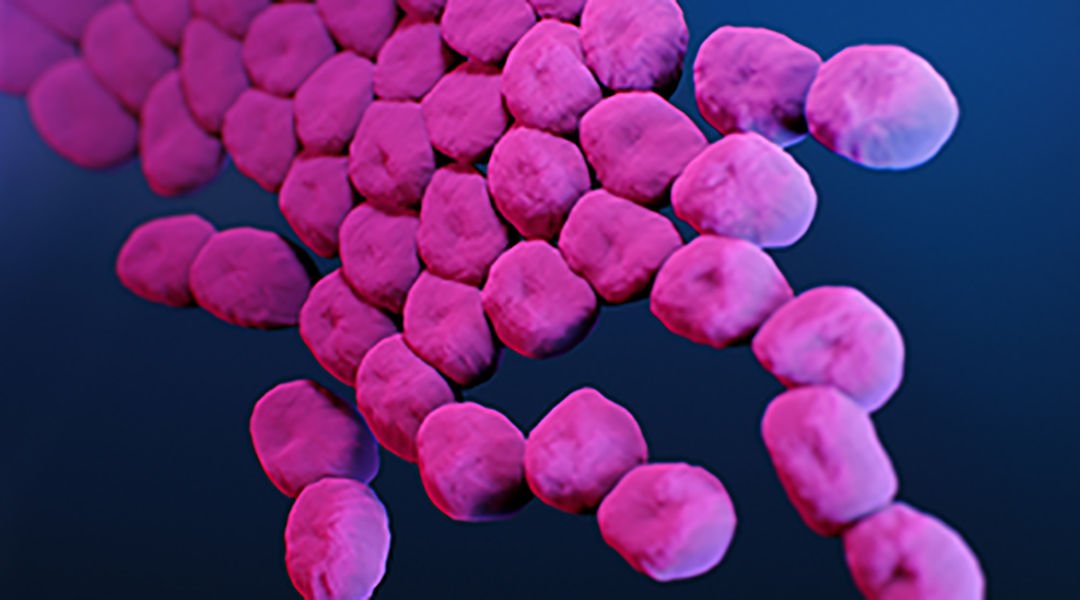

Scientists investigated phages that can kill the world’s leading superbug, Acinetobacter baumannii, which is responsible for up to 20% of infections in intensive care units.
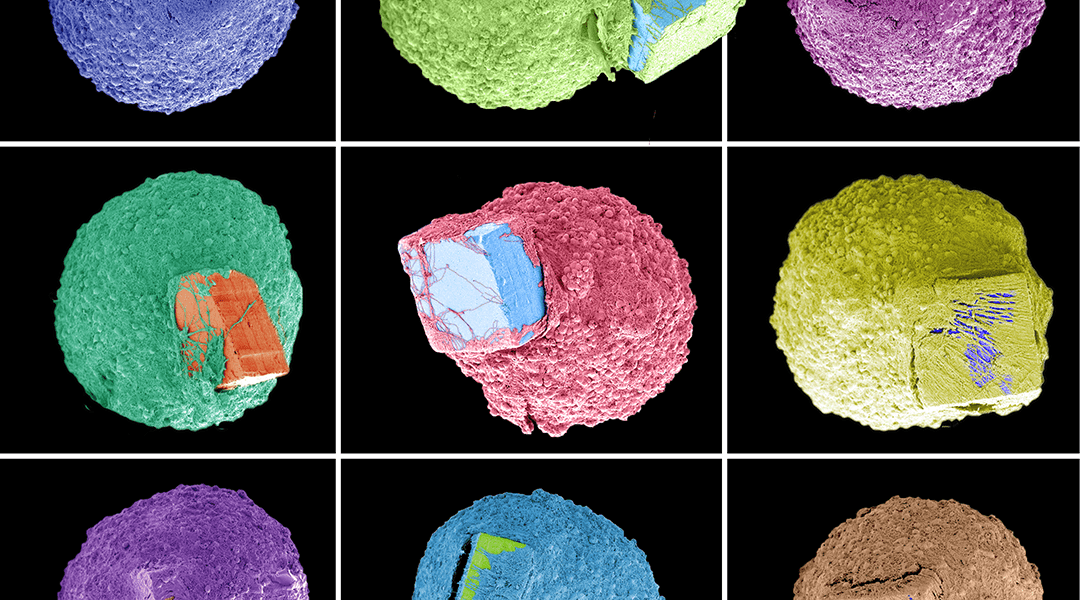
Researchers successfully grow 3D brain tissue on fully-integrated microchips for neural biosensing applications.
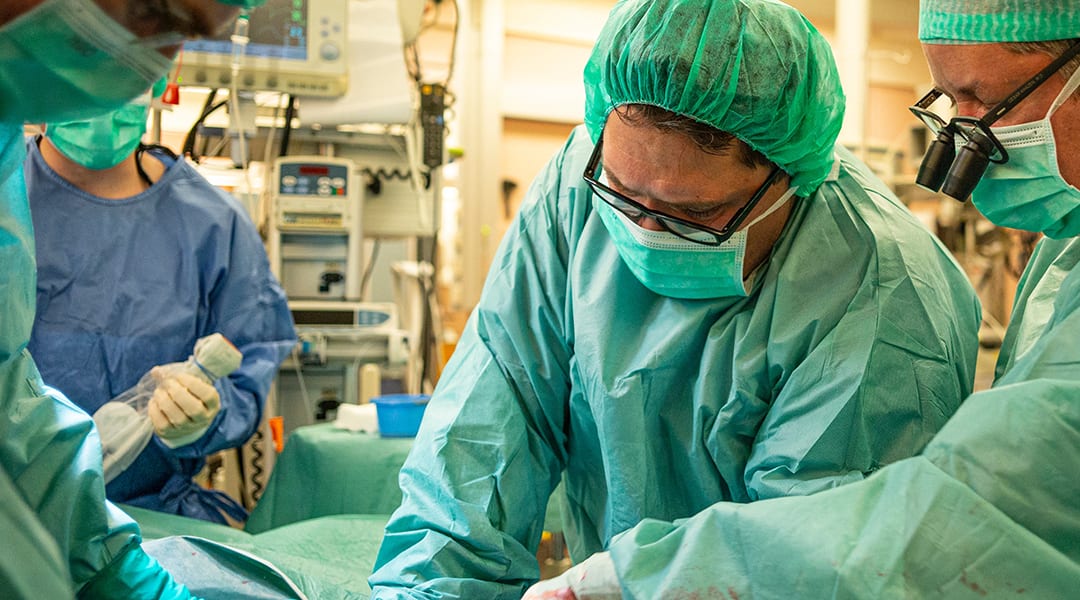
The FRESH-technique for 3D printing heart models could be a game changer for budding surgeons.

Driven by a machine learning algorithm, the closed-loop biohybrid device maintained a set membrane voltage in human stem cells for 10 hours.
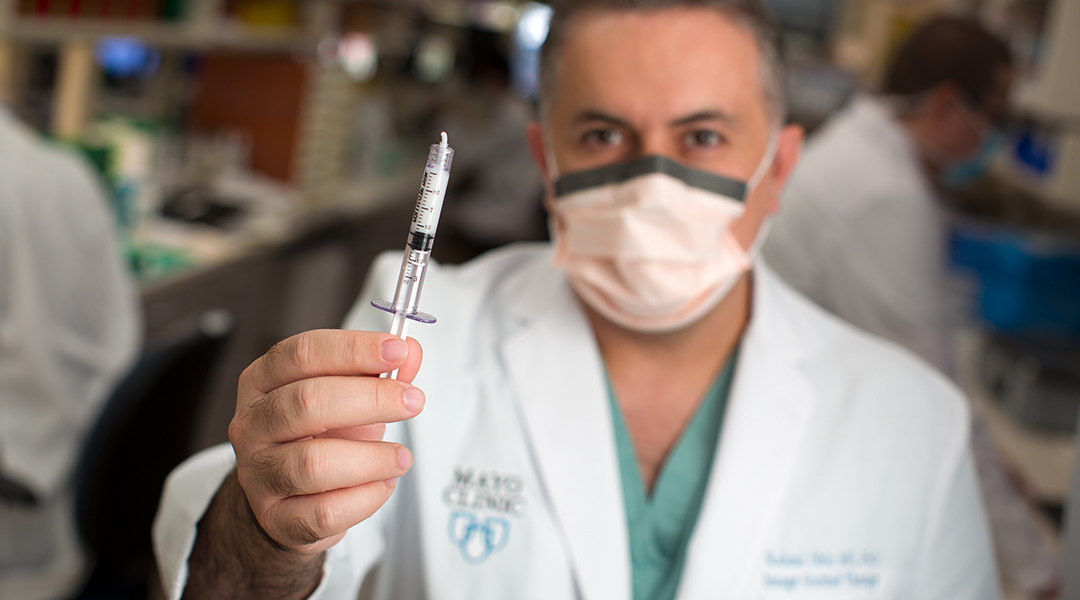
Researchers challenge the current paradigm for embolization with a safe and versatile embolic agent made from malleable and injectable hydrogels.

It seems that not all nanoparticles attract a protein corona.
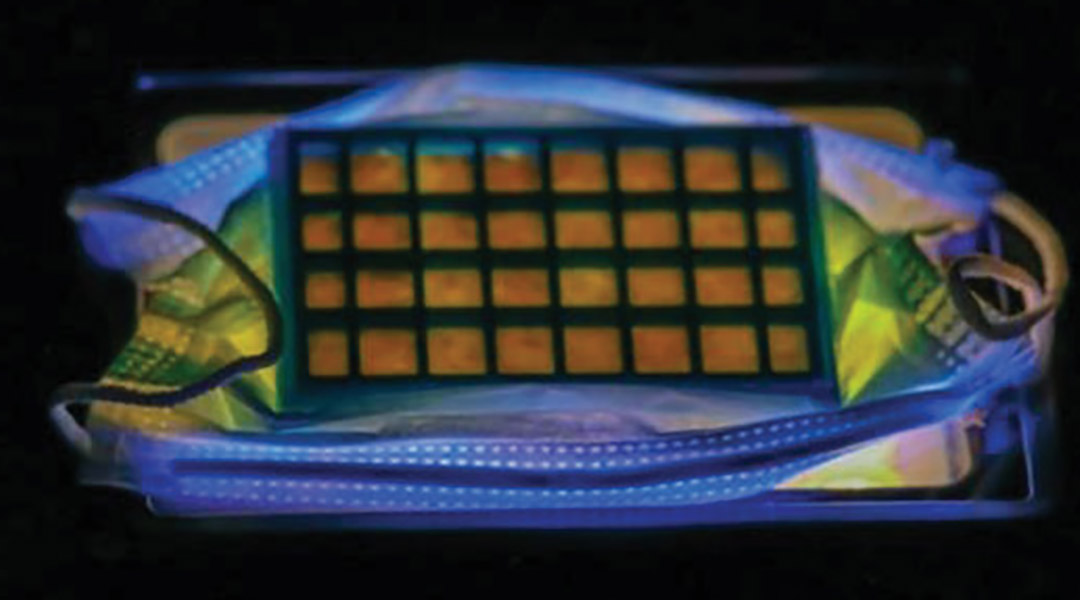
Researchers develop a reusable filter paper made from titanium dioxide nanowires that is capable of trapping and killing pathogens like the SARS-CoV-2 virus.
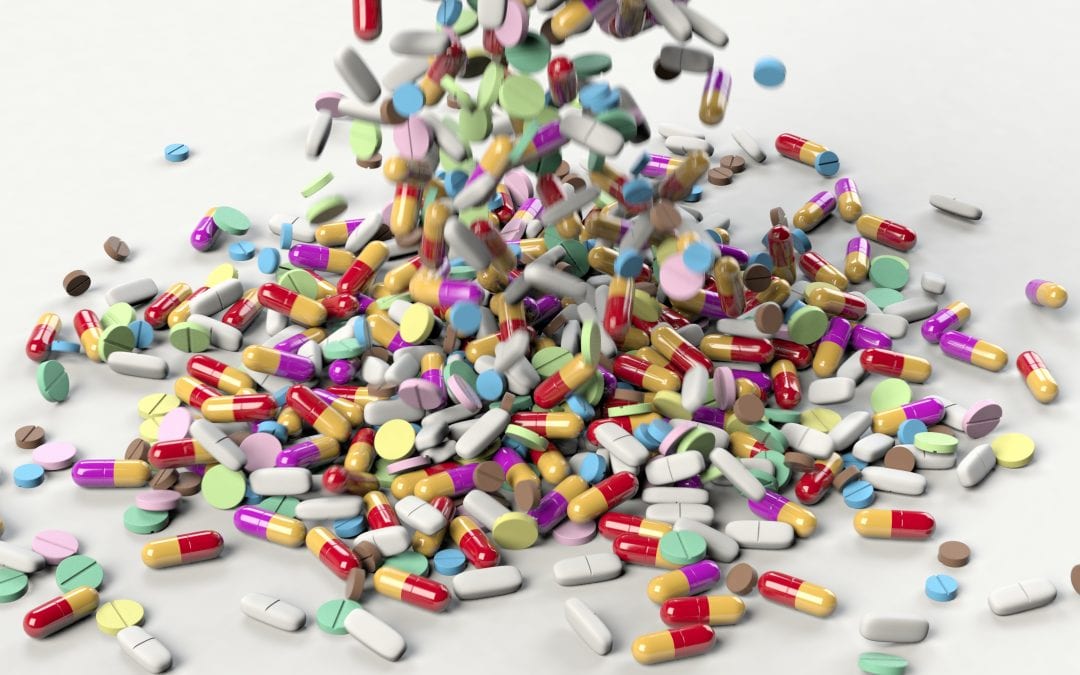
A research team combats antibiotic-resistant superbugs by administering antibiotics together with metformin.
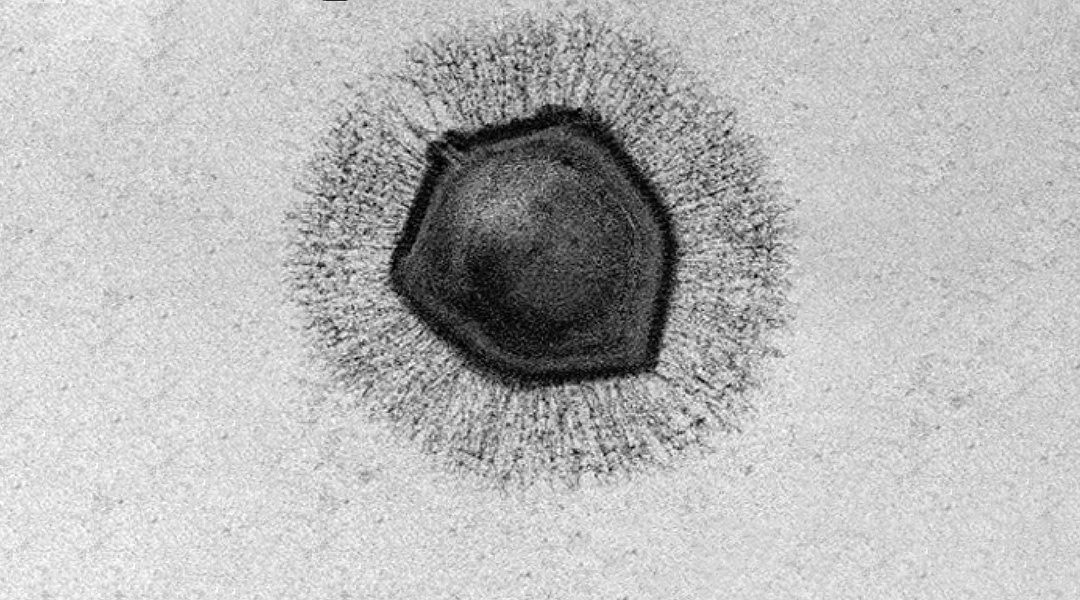
New imaging technique sheds light on the mysterious life cycle of giant viruses.
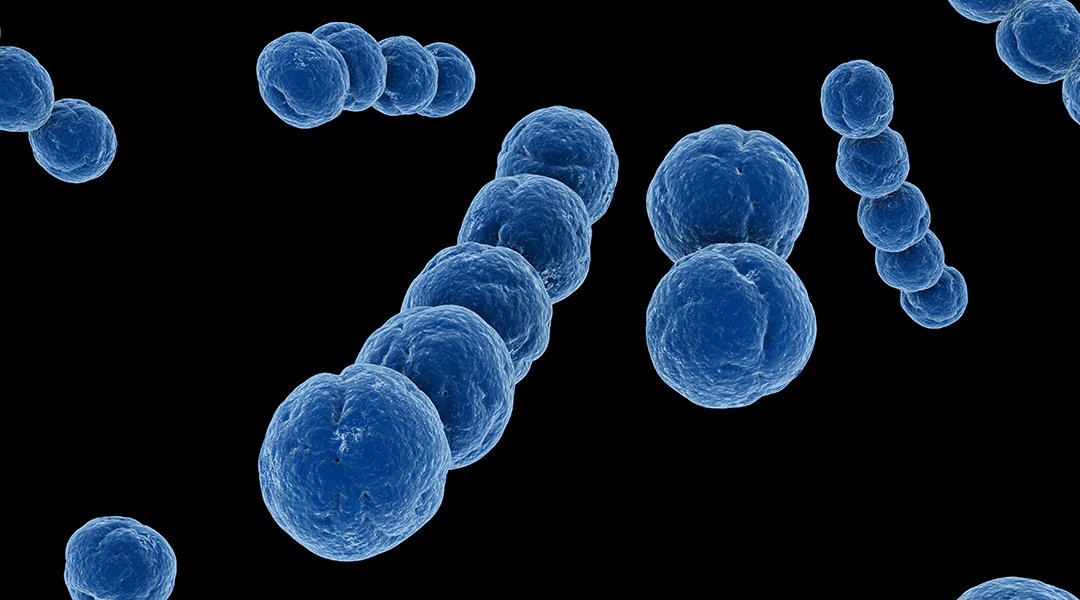
A recent study discovers that CRISPR can be used for a number of different purposes by diverse biological entities, not just humans and bacteria.